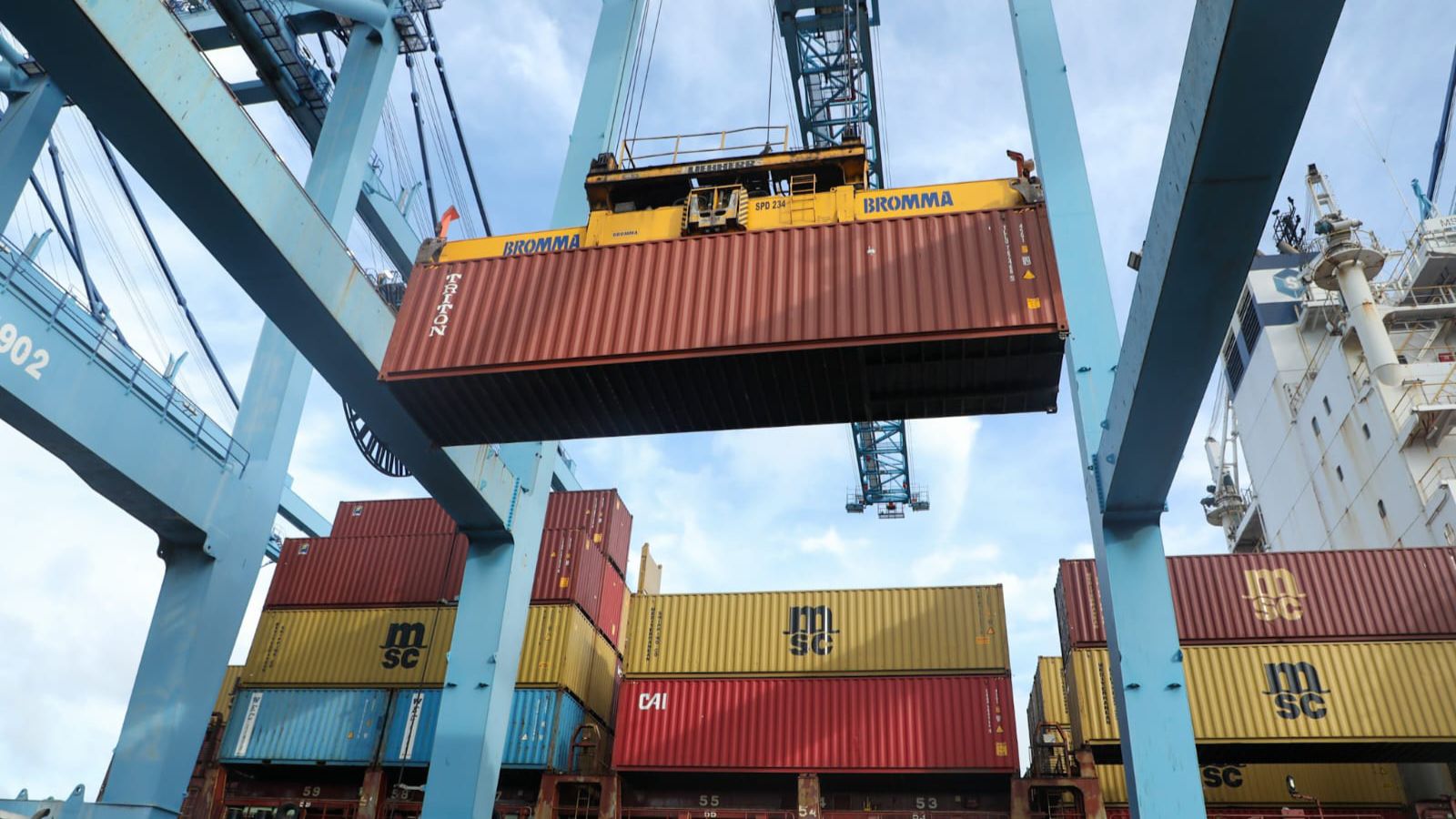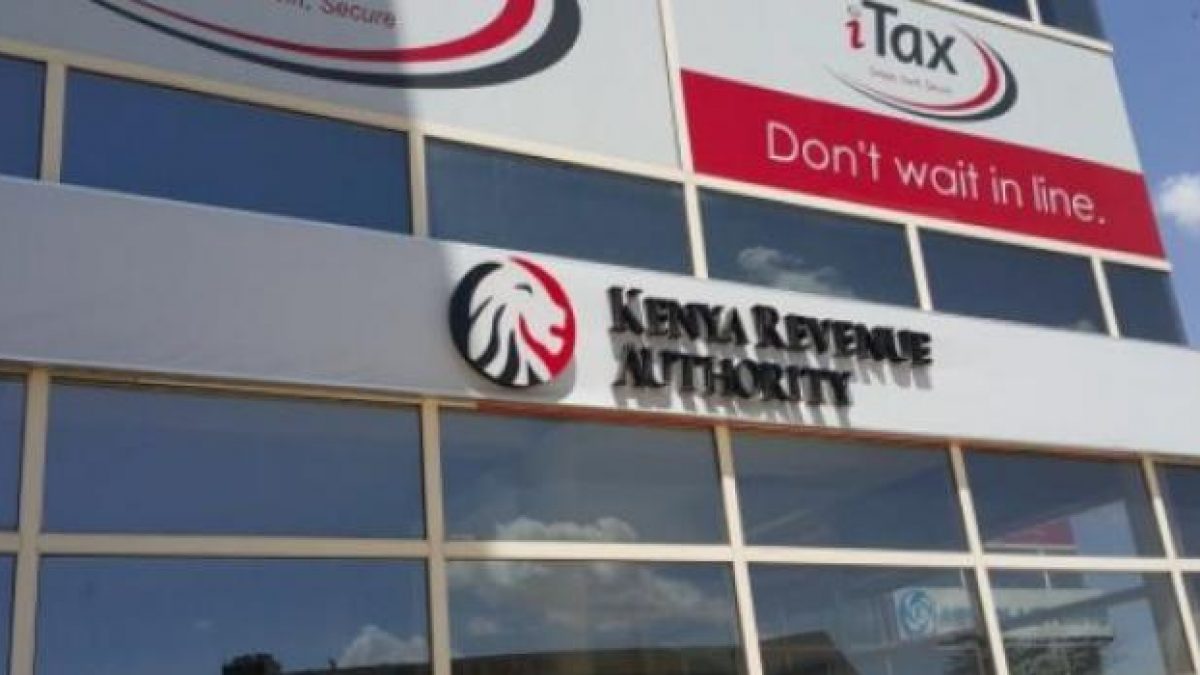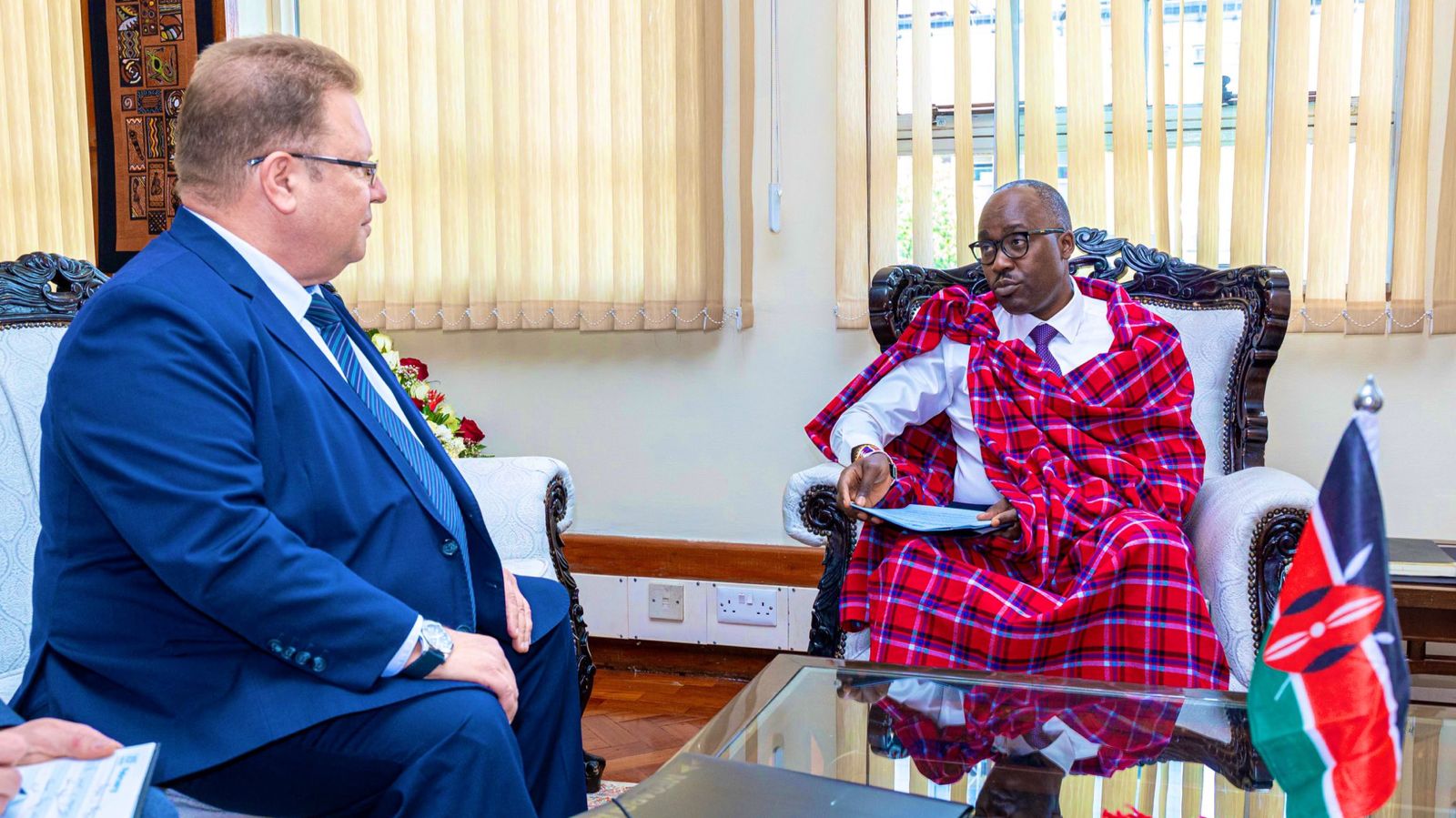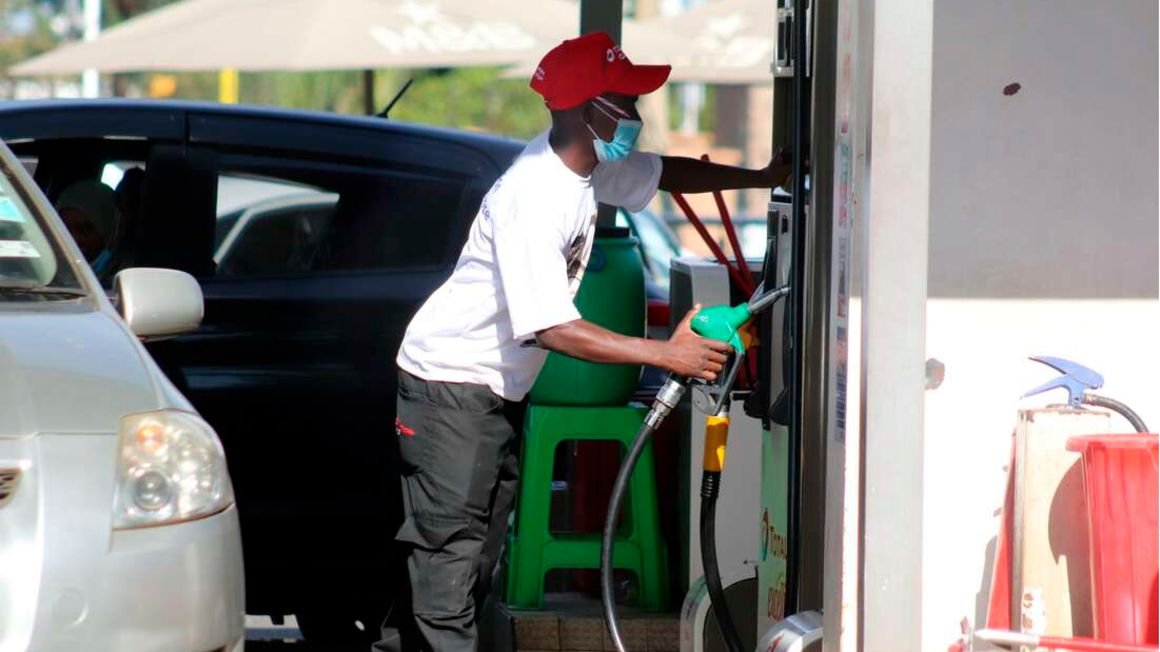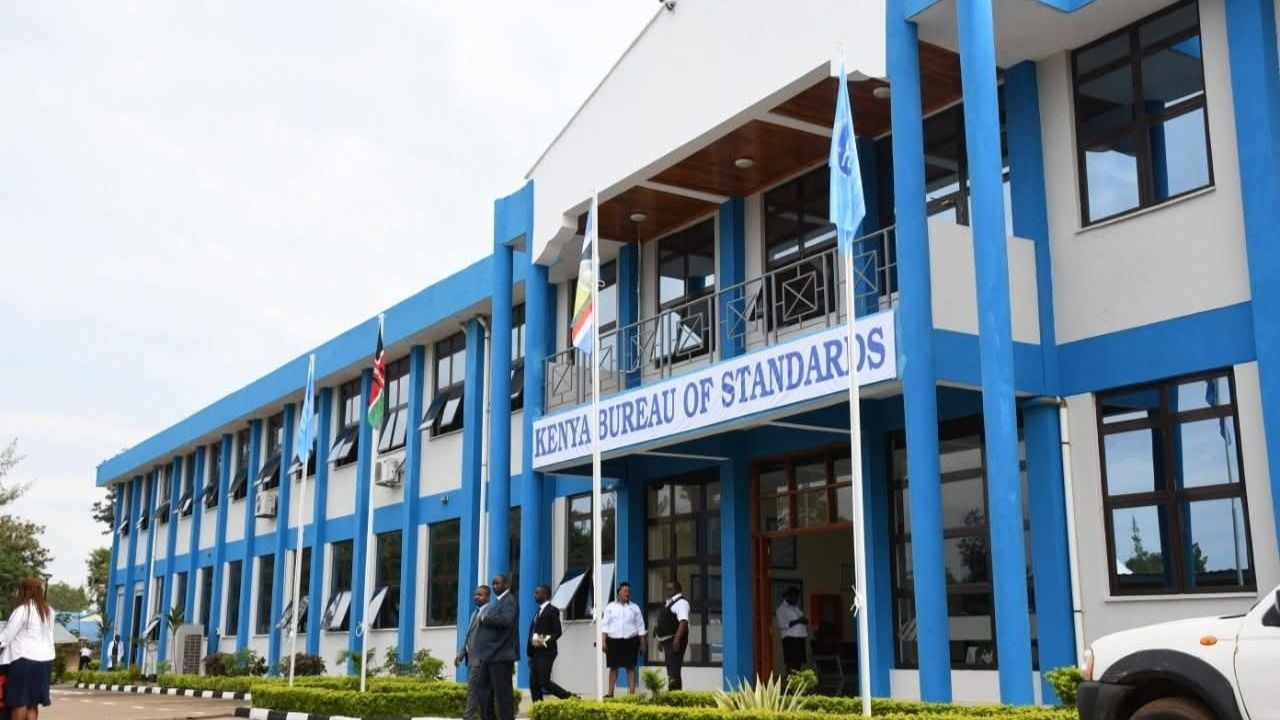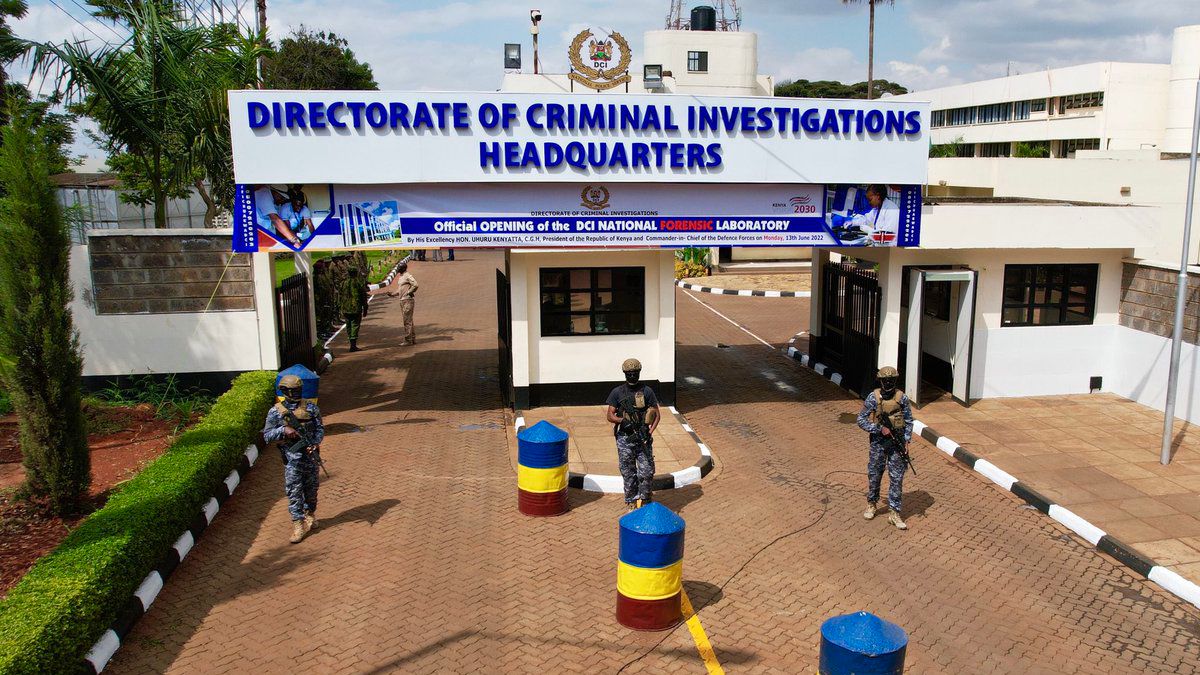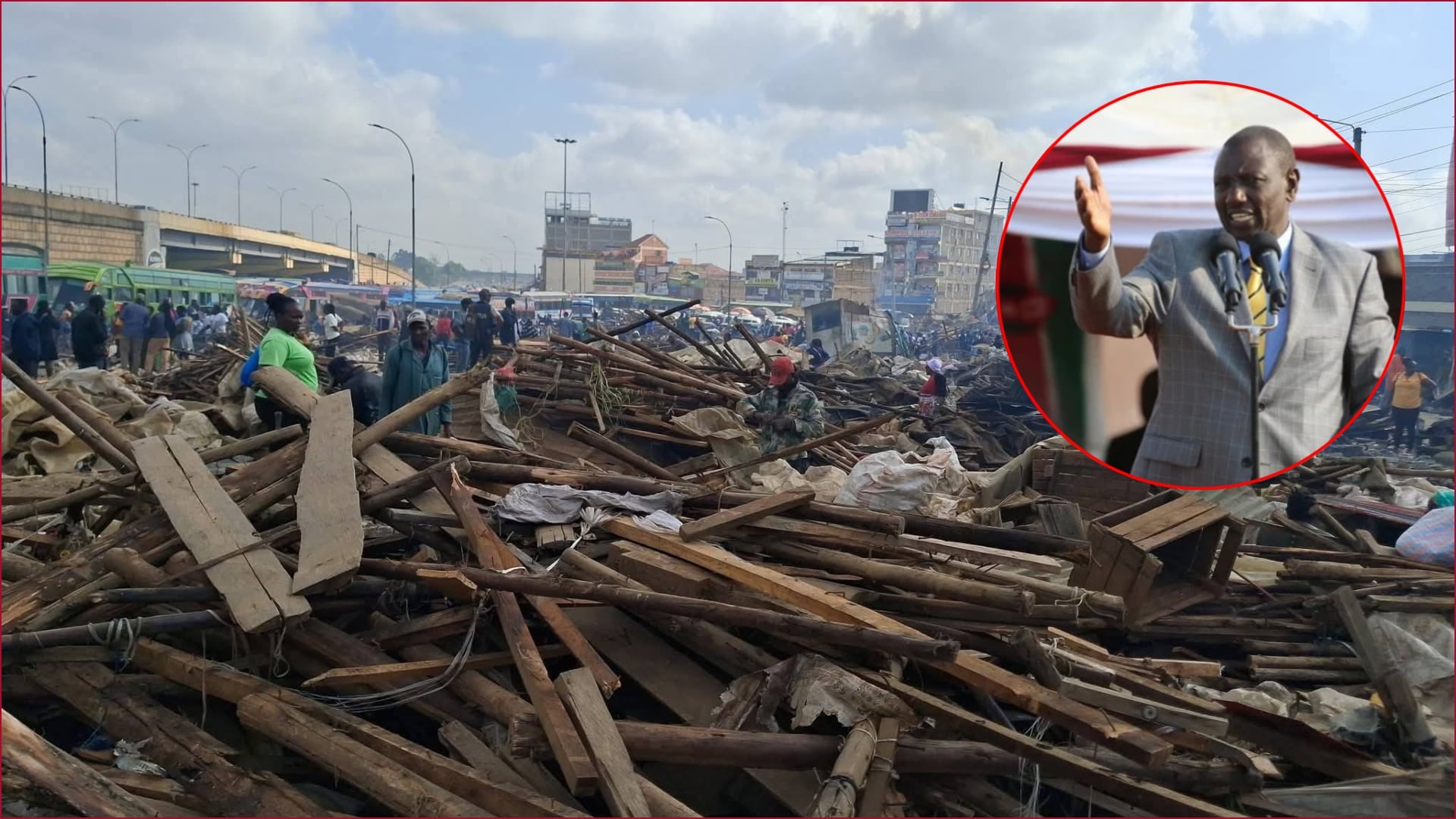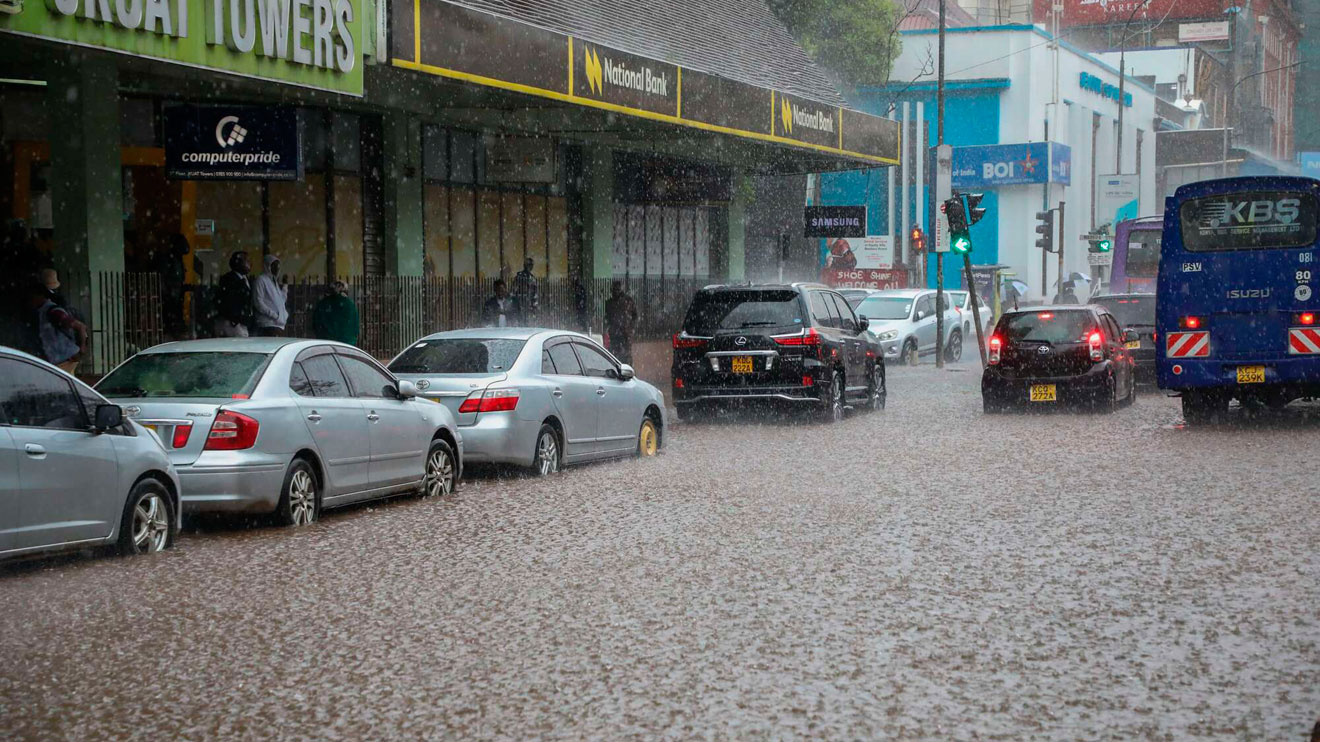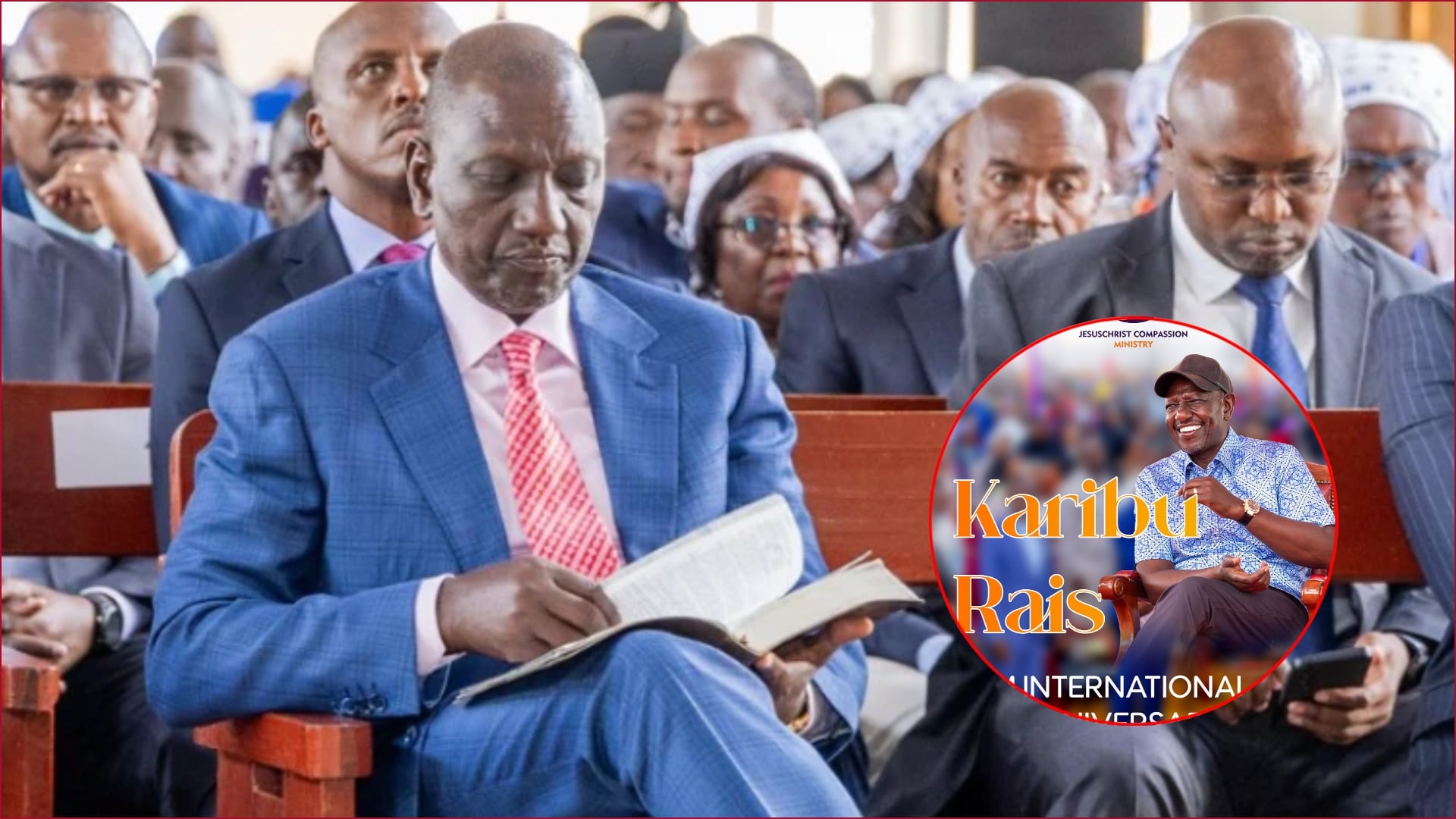Treasury Cabinet Secretary John Mbadi has revealed that the government will be undertaking key reforms in the education sector, including restructuring the funding of examination fees to ensure prudent use of public funds.
Speaking during the presentation of the 2025/2026 Budget on Thursday, June 12, in Parliament, Mbadi maintained that the government was going to pay the examination fees for the candidates sitting their exams this year.
However, he detailed that the government would consider introducing a new model to subsidize the fees for students depending on their family background.
He added that the government wanted a cost-sharing model, given the budgetary demands needed for the preparation of the exams.
Equally, he outlines that the government was engaging various stakeholders on strategies they can employ to make the examination process much cheaper.
Read More
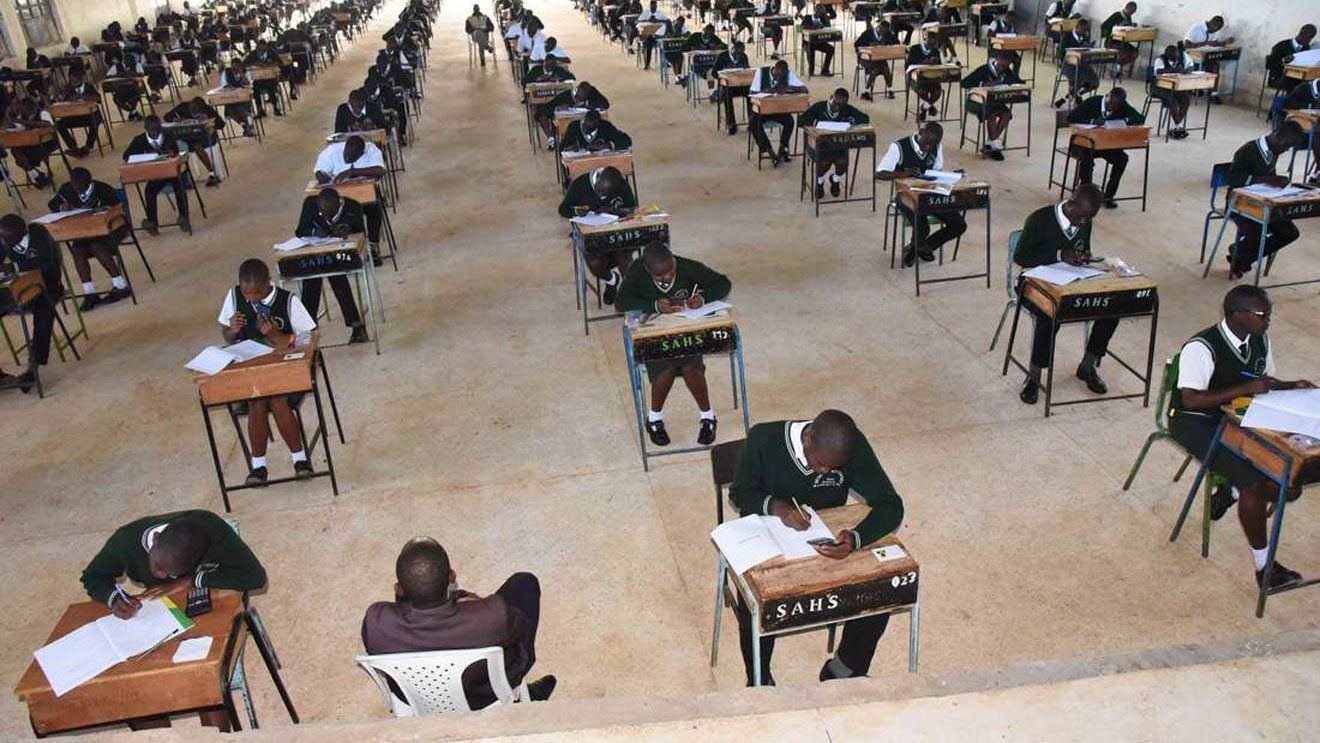
"A key consideration is the merits of public funding of examination fees for all students in primary and secondary school candidates, including those from well-off families, as opposed to targeting the vulnerable students in our schools," he stated.
"We should also explore options for delivering the national examinations simple and affordable way without compromising the credibility of the exercise."
Previously, before the introduction of the subsidy programme in 2015, parents would pay close to Ksh5,000 for students sitting for KCSE (Ksh2,700 plus Ksh400 per subject).
Parents were also charged Ksh800 for students sitting KCPE, which is currently phased out.
Key Allocations in 2025/2026 Budget
Here are some of the key allocations made in the 2025/2026 Budget.
Land Reforms
- Ksh3.8 billion – settlement of the landless.
- Ksh1.1 billion – processing and registration of title deeds.
- Ksh712 million – digitisation of land registries.
- Ksh200 million – geo-referencing of land parcels.
- Ksh220 million – construction of land registries.
Financial Inclusion
- Ksh300 million – to the Financial Inclusion Fund aka Hustler Fund.
- Ksh308 million – access to credit for households and MSMEs.
- Ksh550 million – Center for Entrepreneurship Project.
- Ksh1.3 billion – Rural Kenya Financial Inclusion Facility.
Blue Economy
This sector will receive funding of Ksh8.2 billion. The other detailed breakdown includes;
- Ksh2.3 billion – aquaculture business development project.
- Ksh2.4 billion – Kenya Marine Fisheries and Socio-Economic Development project.
- Ksh500 million – Kabonyo Fisheries and Aquaculture Training Sector.
Agriculture
- Ksh8 billion – fertiliser subsidy programme.
- Ksh10.2 billion – National Agricultural Value Chain Development Project.
- Ksh800 million – small-scale irrigation and value addition project.
- Ksh1.2 billion – food security and crop diversification project.
- Ksh5.8 billion – food systems resilience project.
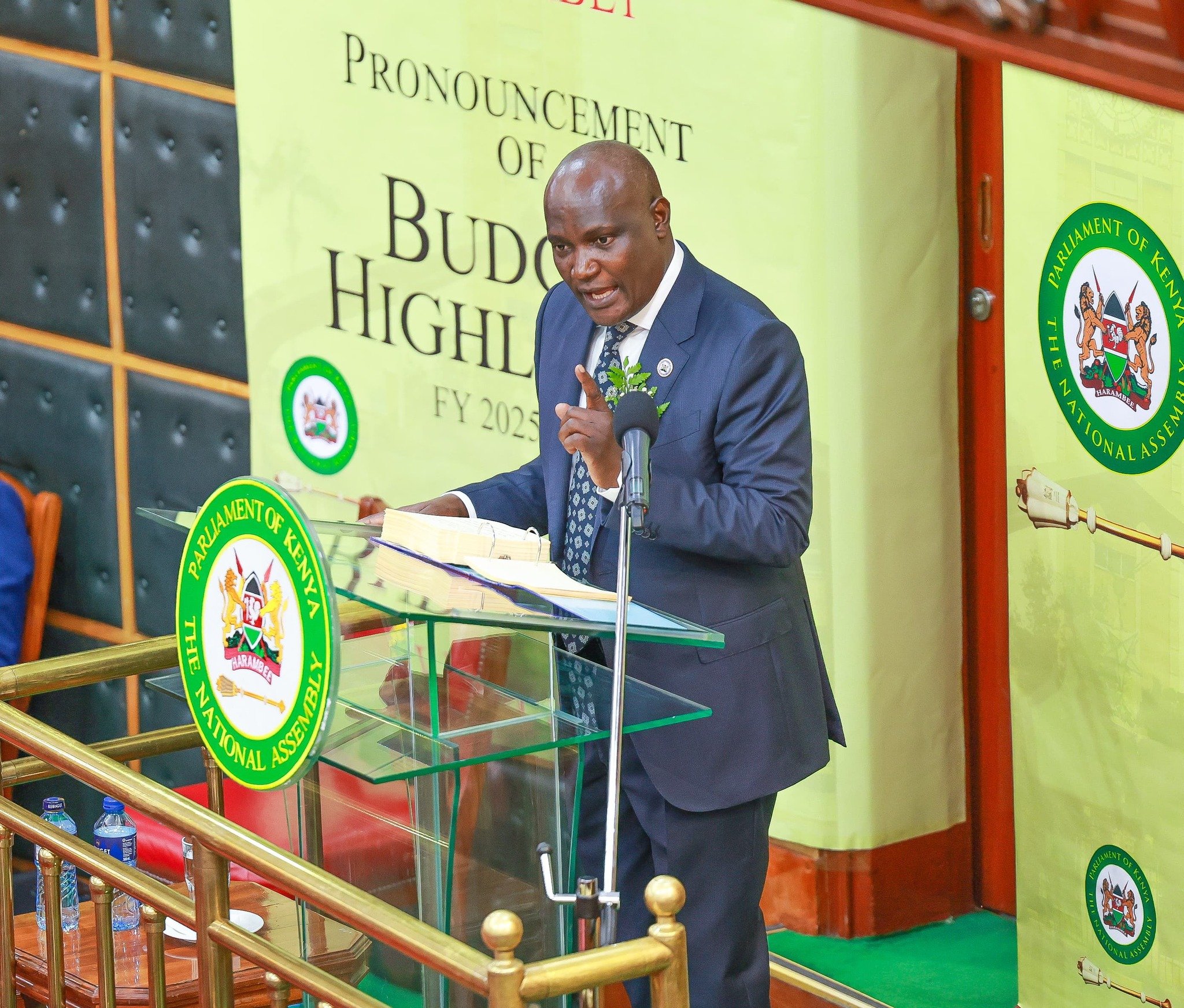
Housing, Urban Development and Public Works
The sector was allocated Ksh128.3 billion. The detailed breakdown includes;
- Ksh13.4 billion – Kenya Urban Programme.
- Ksh64.5 billion – construction of Affordable Housing Units.
- Ksh10.5 billion – construction of Social Housing Units.
- Ksh16.5 billion – social and physical infrastructure.
- Ksh7.2 billion – Kenya Informal Settlement Improvement Project Phase II.
- Ksh3.5 billion – construction of housing units for the National Police and the Kenya Prisons.
- Ksh500 million – building a climate-resilient programme for the urban poor.
- Ksh184 million – construction of footbridges.
- Ksh454 million – construction of county HQs.
Digital Superhighway and Creative Economy
Ksh12.7 billion to fund initiatives in the ICT sector. This includes:
- Ksh2.3 billion – construction of Kenya Advanced Institute of Science and Technology at Konza Technopolis.
- Ksh3.7 billion – Kenya Digital Economy Acceleration Project.
- Ksh333.2 million – government shared services.
- Ksh382 million – Digital Superhighway.
- Ksh689 million – establishment of digital hubs.
- Ksh750 million – maintenance and rehabilitation of national optic fibre backbone infrastructure.
- Ksh3.1 billion – Konza Data Center and Smart City facilities.
Roads
Ksh217.3 billion has been earmarked for the development of roads across the country. The breakdown of the allocation is as follows.
- Ksh30 billion – construction of new roads and bridges.
- Ksh70.8 billion – rehabilitation of roads.
- Ksh115.6 billion – road maintenance.
- Ksh38 billion – expansion of railway transport and its infrastructure.
- Ksh450 million – Kenya Ferry Ramp in Mombasa.
Education
The sector has a total allocation of Ksh702.7 billion. The key allocations are:
- Ksh387 billion – Teachers Service Commission (TSC)
- Ksh7.2 billion – recruitment of intern teachers,
- Ksh980 million – capacity building of teachers on CBC
- Ksh7 billion – free primary education.
- Ksh28.9 billion – JSS capitation.
- Ksh51.9 billion – free day secondary education.
- Ksh5.9 billion – administering the national examination.
- Ksh3 billion – school feeding programme.
- Ksh4 billion – TVET project.
- Ksh1.7 billion – primary and secondary school infrastructure.
- Ksh1.4 billion – construction and equipping of TVETs.
- Ksh13.3 billion – Kenya Primary Education Equity in Learning Programme.
- Ksh2.3 billion – Kenya Secondary School Quality Improvement Project.
- Ksh993 million – research, science, technology, and innovation.
- Ksh41.5 billion – HELB.
- Ksh16.9 billion – scholarship for university students.
- Ksh7.7 billion – capitation for TVET students.
-1749738115.jpg)
-1771737995.png)
